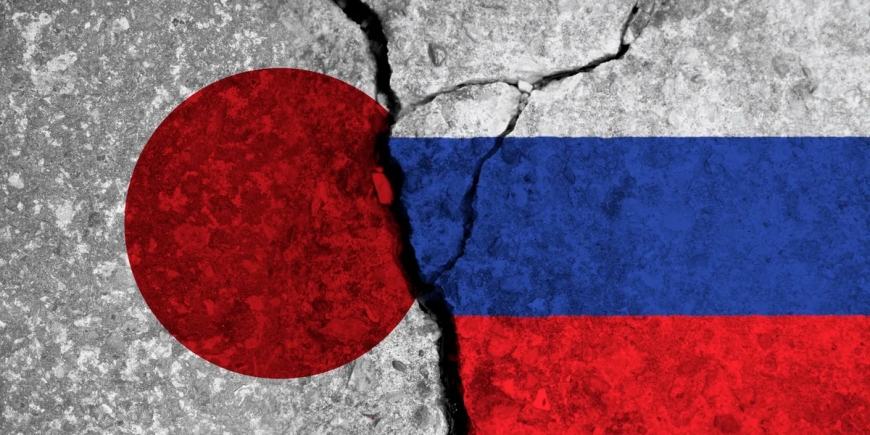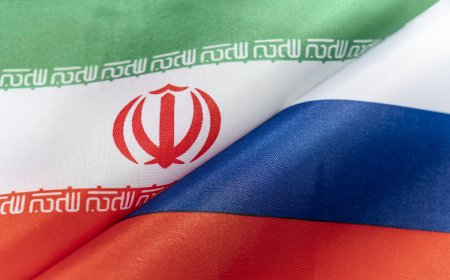Old wounds of Russia and Japan

The relationship between Russia and Japan has always been tumultuous, marked by periods of tension. Since World War II, the inability to reach a formal treaty to end hostilities and a longstanding territorial dispute over a chain of Pacific islands has hindered any progress in their relations. Known as the "Northern Territories" in Japan and the "South Kuril" in Russia, this dispute has prevented the two countries from improving their relationship.[1]
Resumption of tensions
The relationship between Russia and Japan was improving and warming during the era of Mr. Shinzo Abe and Putin. These relationships were defined based on the needs and mutual interests of both parties. Mr. Abe had a deep understanding of the relations with Russia, viewing the interaction within the framework of containing and managing China. Japan's perspective was long-term and strategic, with economic and political interactions reaching high levels. This viewpoint, aligned with the interests of both sides, continued until the start of the war in Ukraine. However, after the war began, Japan's approach to interacting with Russia changed, no longer considering the country as a friend.[2]
The change in approach was not only about imposing sanctions against Russia; Japan also provided financial aid to Ukraine for the modernization of the country's infrastructure. Additionally, Japan offered civilian logistical aid to Ukraine, as it believed that providing military aid could further damage relations with Russia.
In response to Japan's actions, Russia expressed objections and repeatedly criticized Japan's efforts as unproductive. Russia also took strong stances on Japan's claims to property in disputed areas, highlighting its dissatisfaction with Japan's actions.
Furthermore, Japan is now taking steps to amend its constitution to redefine its defense and military policies. Despite the opposition of over 60% of the Japanese population to changing the constitution, the country's leaders are pushing for revisions, including potentially removing Article 9, which designates Japan as a pacifist nation.[3]
Why has Japan changed its approach?
In order to change Japan's approach, the issue should be looked at from several aspects. First, Japan considers the current European geopolitics sufficient for its interests and views any change in the structure of Europe as against its interests. As a result, Japan is supporting Ukraine against Russia. This issue is so important for Japan that the country is considering exporting military weapons to a third country, such as the United States, to then provide them to Ukraine. Of course, for this to happen, laws must be changed in Japan, and Prime Minister Kimida is one of the supporters of this change.
Additionally, Japan is concerned about a major competitor, China, which could pose many challenges for them. Japan fears that America may not share common interests with them and could leave Japan alone to deal with China. This fear has led Japan to tie its strategic interests in the region to the United States to ensure they have logistical and military support when needed.
Moreover, Japanese politicians understand the importance of adapting to changes in the international system to avoid falling behind. This understanding has led to the belief that rules should be updated and has influenced Japan to define its interactions with neighboring countries based on geopolitical needs.
Japan's relations with South Korea are not very strong, which could pose a problem for Japan in its relationship with the United States. Japan is striving to secure its maximum interests while also needing to redefine its relations with Russia. Failing to maintain a balance in relations with neighbors could result in Japan being the main loser. Russia has always been open to relations with Japan, as demonstrated by over a decade of good relations during the Abe-Putin era. Therefore, it is essential for Japan to mend old wounds in its relationship with Russia. By fostering good relations with Japan, Russia can effectively navigate its interactions with China and potentially bring the two neighbors closer together, ultimately preventing escalation of tension and crisis in East Asia. Additionally, a strong relationship with Russia could increase Japan's maneuvering power against the United States, offering the country some degree of independence from American influence.
Amin Mahdavi













































